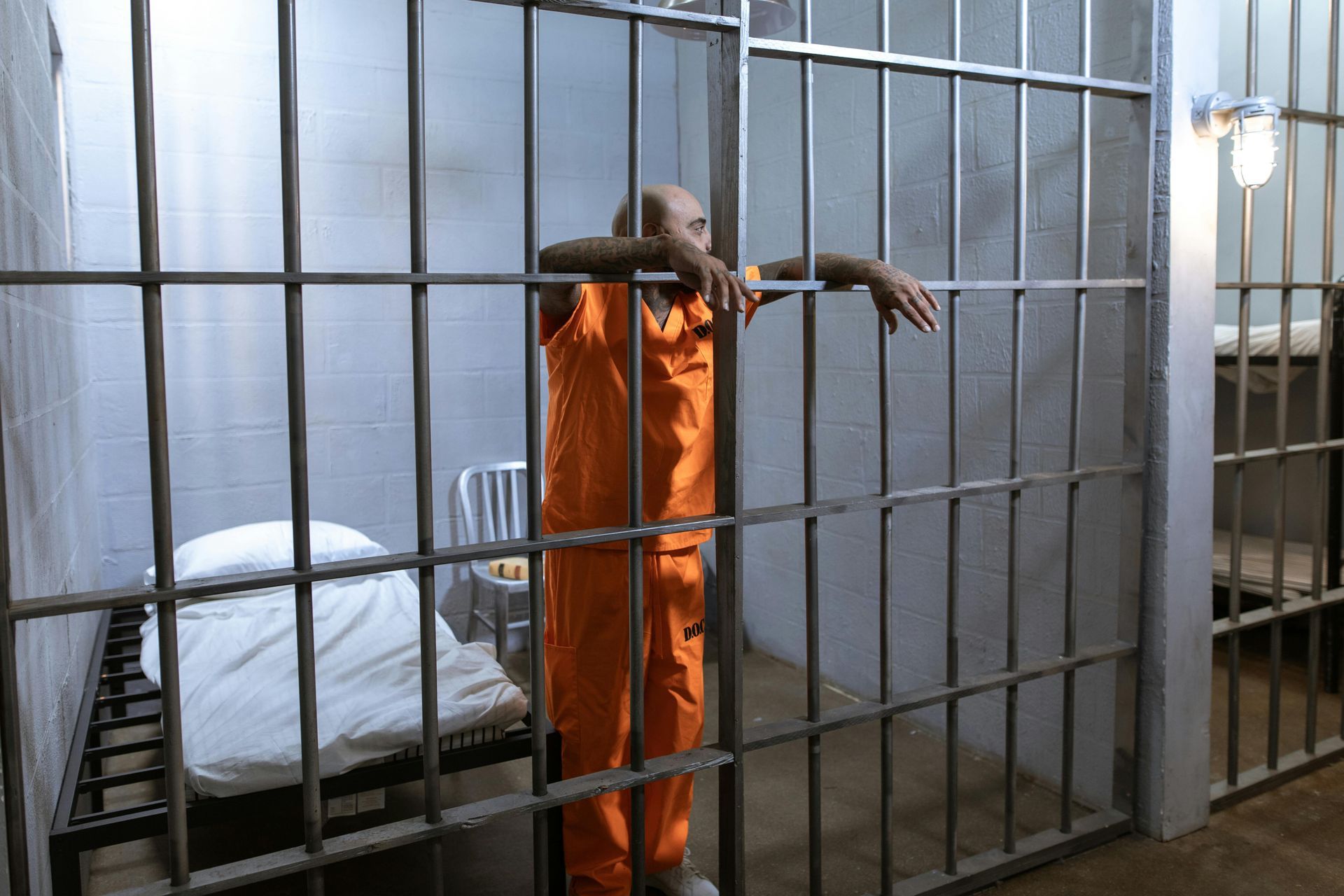Facing Criminal Trespass Charges in California? Here’s What You Should Know
Facing Criminal Trespass Charges in California? Here’s What You Should Know
Being charged with criminal trespass in California can be stressful, confusing, and intimidating. If you or someone you care about has been arrested or cited for trespassing, it’s important to understand what the charge means, what consequences you may face, and how a criminal defense attorney can help protect your rights.
What Is Criminal Trespass Under California Law?
California Penal Code § 602 defines criminal trespass as unlawfully entering or remaining on someone else’s property without permission. There are many ways someone can be charged with trespass, including:
- Entering property with the intent to interfere with or obstruct business operations
- Refusing to leave private property after being asked
- Entering fenced land or posted areas
- Squatting or occupying property without consent
Some types of trespass are charged as infractions, while others are misdemeanors—depending on intent, conduct, and prior history.
Potential Penalties for Criminal Trespass
If charged as a misdemeanor, criminal trespass in California can result in:
- Up to 6 months in jail
- Fines up to $1,000
- Probation
- A criminal record
More serious forms of trespass, such as “aggravated trespass” (entering a person’s home or workplace after making threats), can result in up to one year in county jail and more significant penalties.
Even a simple trespass charge can have long-term consequences, especially if you have a prior criminal history or immigration concerns.
Common Defenses to Criminal Trespass Charges
Not every trespassing charge leads to a conviction. A criminal defense attorney can help examine the details of your case and determine whether defenses such as the following may apply:
- You had the legal right or permission to be on the property
- The property was not properly posted or enclosed
- There was no intent to interfere or cause harm
- Law enforcement violated your rights during the investigation or arrest
An experienced lawyer may also negotiate with prosecutors for a reduced charge or alternative sentence such as diversion or community service.
Get Legal Help in San Diego
At Email My Lawyer, we assist individuals throughout San Diego who are facing criminal trespass charges. We can assess your case, explain your options, and provide defense representation aimed at achieving the best possible outcome.
Don't navigate the criminal justice system alone—trespass charges can escalate quickly, and having knowledgeable legal counsel on your side can make a significant difference.










